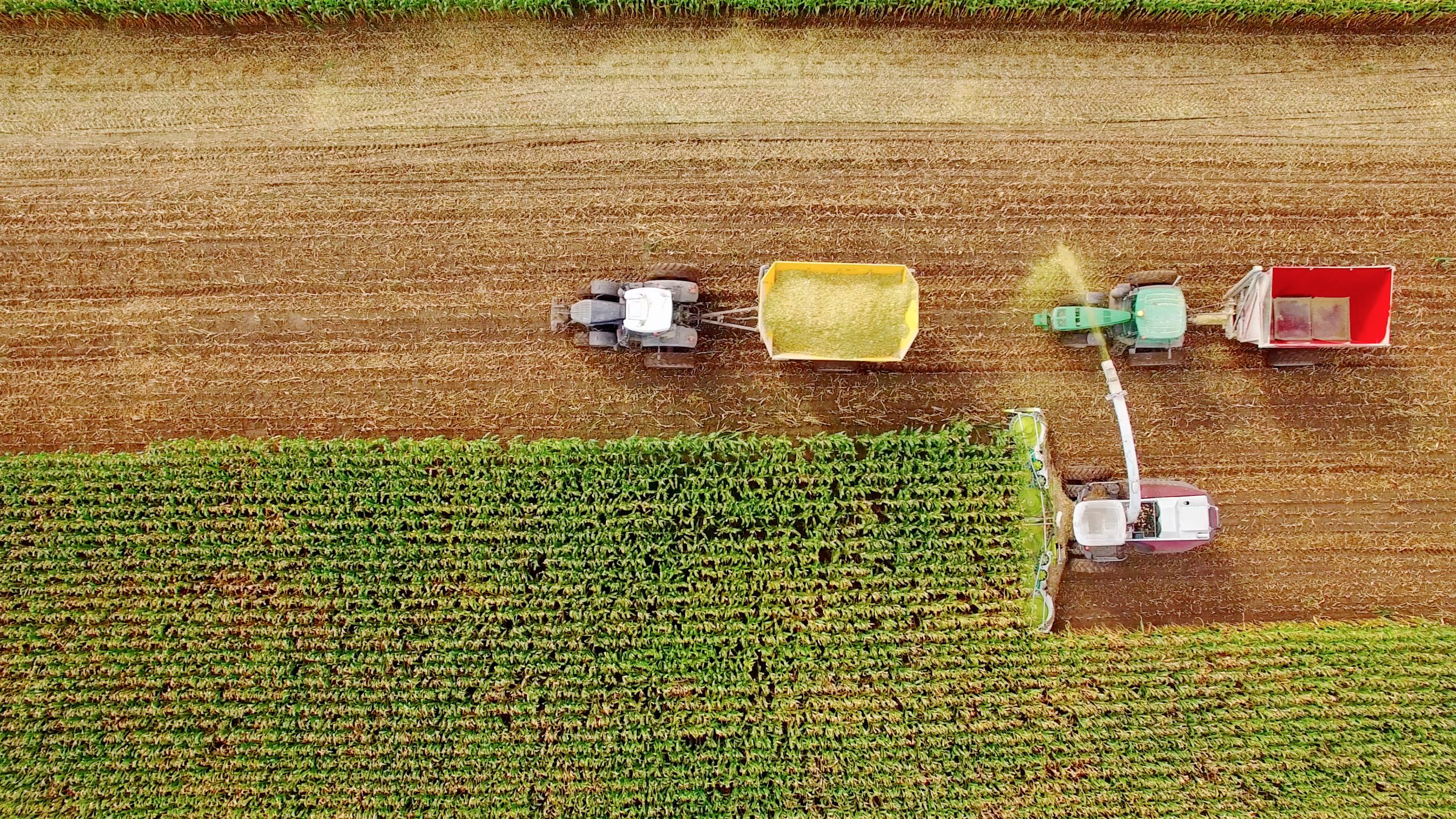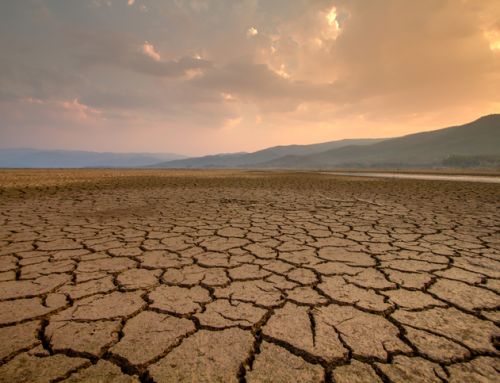Demand For Water Is Outgrowing Supply
Water is essential for all aspects of life, and its importance in sustaining agriculture cannot be overstated. Agriculture is heavily reliant on water resources to ensure food security, support rural livelihoods, and drive economic growth worldwide. As the global population continues to grow, so does the demand for food, leading to increased pressure on water resources. This article delves into the current state of global demand for water for agricultural needs, the challenges it poses, and potential solutions to ensure a sustainable future.
Rising Global Population and Food Demand
The world’s population is expanding at an unprecedented rate. According to United Nations estimates, the global population surpassed 8 billion in 2022 and is projected to reach 9.7 billion by 2050. This exponential growth translates into an escalating demand for food to nourish billions of people worldwide.
Water Demand in Agriculture
Agriculture is the largest consumer of freshwater globally, accounting for approximately 70% of all water withdrawals. It serves as the backbone of economies in many countries, providing livelihoods for millions and ensuring food availability. However, the demand for water in agriculture is rapidly outpacing the available resources in many regions.
Irrigation and Water Scarcity
Irrigation is a common practice used to increase crop yields and ensure consistent production. However, it is also the primary driver of water consumption in agriculture. Inefficiencies in traditional irrigation methods, such as flood irrigation, contribute to significant water wastage. Moreover, prolonged droughts and water scarcity in certain regions exacerbate the challenges farmers face in accessing adequate water supplies.
Climate Change and Water Stress
Climate change is altering weather patterns and exacerbating water stress in various parts of the world. Increased temperatures, irregular precipitation, and extreme weather events are becoming more frequent, leading to water shortages and impacting agricultural productivity. Many regions that heavily rely on rain-fed agriculture are particularly vulnerable to these changes.
Over-Extraction of Groundwater
In some regions, the demand for water has led to the over-extraction of groundwater resources. Unsustainable groundwater pumping depletes aquifers faster than they can be replenished, leading to declining water tables. This phenomenon threatens the long-term viability of agriculture and the availability of drinking water.
Impact on Ecosystems and Biodiversity
The intensification of agriculture to meet rising food demands has often come at the cost of natural ecosystems. Excessive water withdrawal from rivers and lakes can disrupt aquatic habitats and threaten biodiversity. Furthermore, the release of agricultural pollutants into water bodies contributes to water pollution, further impacting ecosystems.
The Role of Technology and Innovation
To address the challenges posed by the increasing demand for water in agriculture, technology and innovation play a crucial role. Water-saving irrigation techniques, such as drip and sprinkler systems, have shown promise in reducing water consumption and improving crop yields. Precision agriculture, which uses data and technology to optimise farming practices, can also contribute to water use efficiency.
Water Management and Policy
Effective water management and sound policies are essential to address the global demand for water in agriculture. Integrated water resource management, along with the promotion of sustainable agricultural practices, can help strike a balance between water usage and conservation. Governments must collaborate with stakeholders to develop and implement policies that prioritise water sustainability.

The global demand for water for agricultural needs is an ever-growing challenge that requires urgent attention. With a rising global population, increasing food demand, and the impacts of climate change, ensuring water availability for agriculture is crucial for global food security and sustainable development. Embracing innovative technologies, improving water management, and implementing sound policies can pave the way for a more water-efficient and resilient agricultural sector, supporting both human well-being and the preservation of our planet’s ecosystems.










